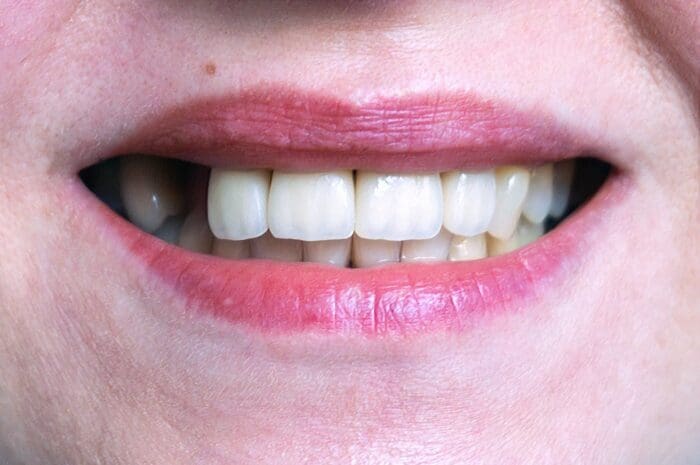Millions of people suffer from tooth loss. They can lose one or more teeth for a number of reasons, and this problem will leave them struggling with oral functions, dental health, and smile aesthetics.
A dentist can work with you to find personalized tooth replacement solutions that will restore your smile in the wake of tooth loss. But ideally, you should preserve your natural smile and dental structure for as long as you can.
You can better avoid missing teeth if you understand the dental issues that can lead to tooth loss. Read on to learn about three of the most common reasons you may lose a tooth so that you can better prevent this dental damage.

Advanced Gum Disease
The leading cause of tooth loss in adult dental patients is gum disease. This infection of the gum tissue begins with inflammation in the gums where bacteria eat at the tissue. Then as the disease progresses, bacteria affect the teeth and jawbone as well.
Gums begin to recede, and the teeth start to feel loose and wobbly until they eventually fall out of their sockets. You should seek prompt treatment for gum disease if you notice any periodontal symptoms, including swelling or bleeding in the gum tissue.
Gum disease does not go away on its own. Schedule routine dental check-ups to screen for this oral infection. And do not delay periodontal therapy to eradicate this disease. Your dentist can also offer preventative dental care to reduce your risk of contracting gum disease in the first place.
Severe Tooth Damage
If your tooth sustains a significant amount of damage, it may fall out of its socket. One of the major ways this can occur is through advanced tooth decay. Tooth decay forms when natural oral bacteria penetrate weak spots in tooth enamel to start to eat away at the dental structure.
When decay wears a hole into the enamel, dentists refer to damage as a cavity. Like gum disease, tooth decay will not go away without intervention from a dentist. You should seek urgent treatment for a cavity or decay will continue to progress.
If decay reaches the tooth’s interior, the pulp, you may require extensive treatment to get rid of the damage. Severe tooth damage might even need a tooth extraction to prevent further harm to other areas of your mouth. Attend regular dentist appointments to prevent and stop tooth decay from hurting your smile.
Facial Impact Trauma
Even with diligent preventative dentistry, accidents can happen that affect your oral health. An accidental blow to the face can generate enough impact trauma that one or more teeth could fall out of their sockets. To avoid this problem, wear recommended protective oral appliances that will preserve your smile during high-impact sports and activities.
If you do lose a tooth this way, you can take prompt action to save it in some cases. Contact your dentist within an hour of this dental injury to undergo emergency dental care to restore the tooth back to your smile.
